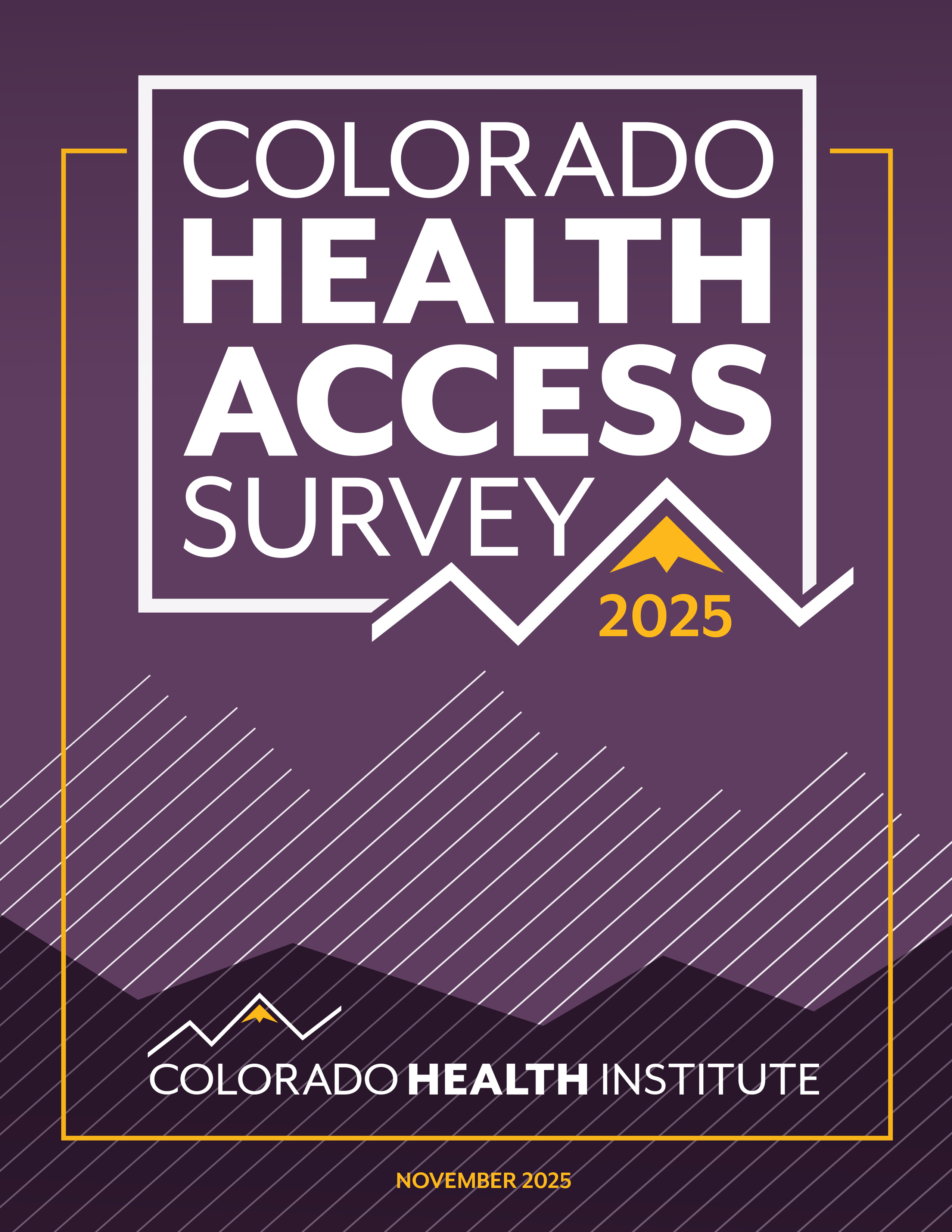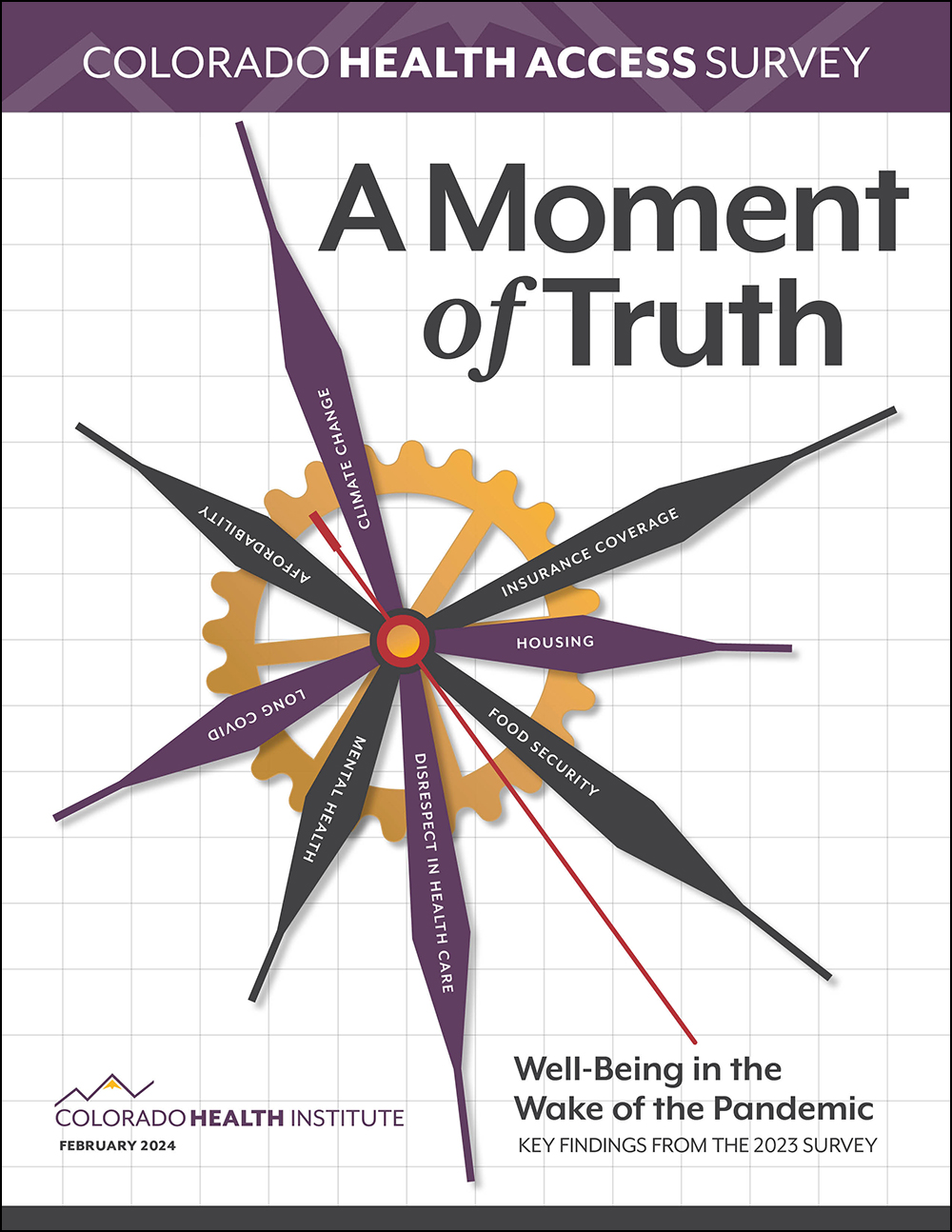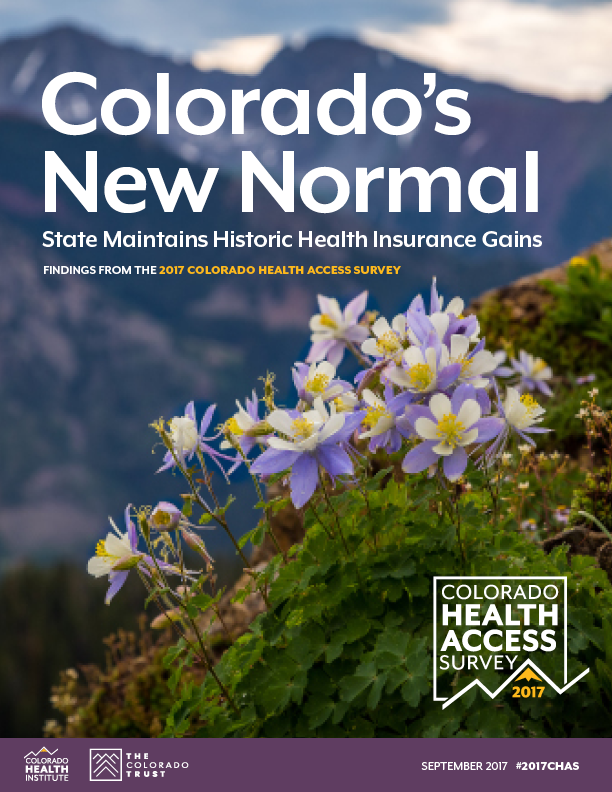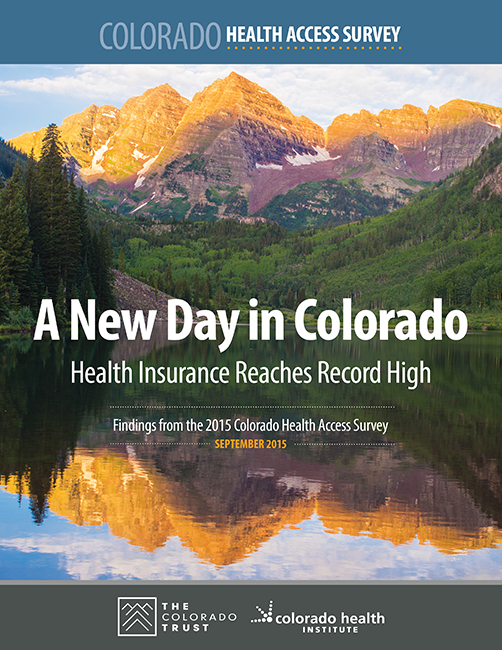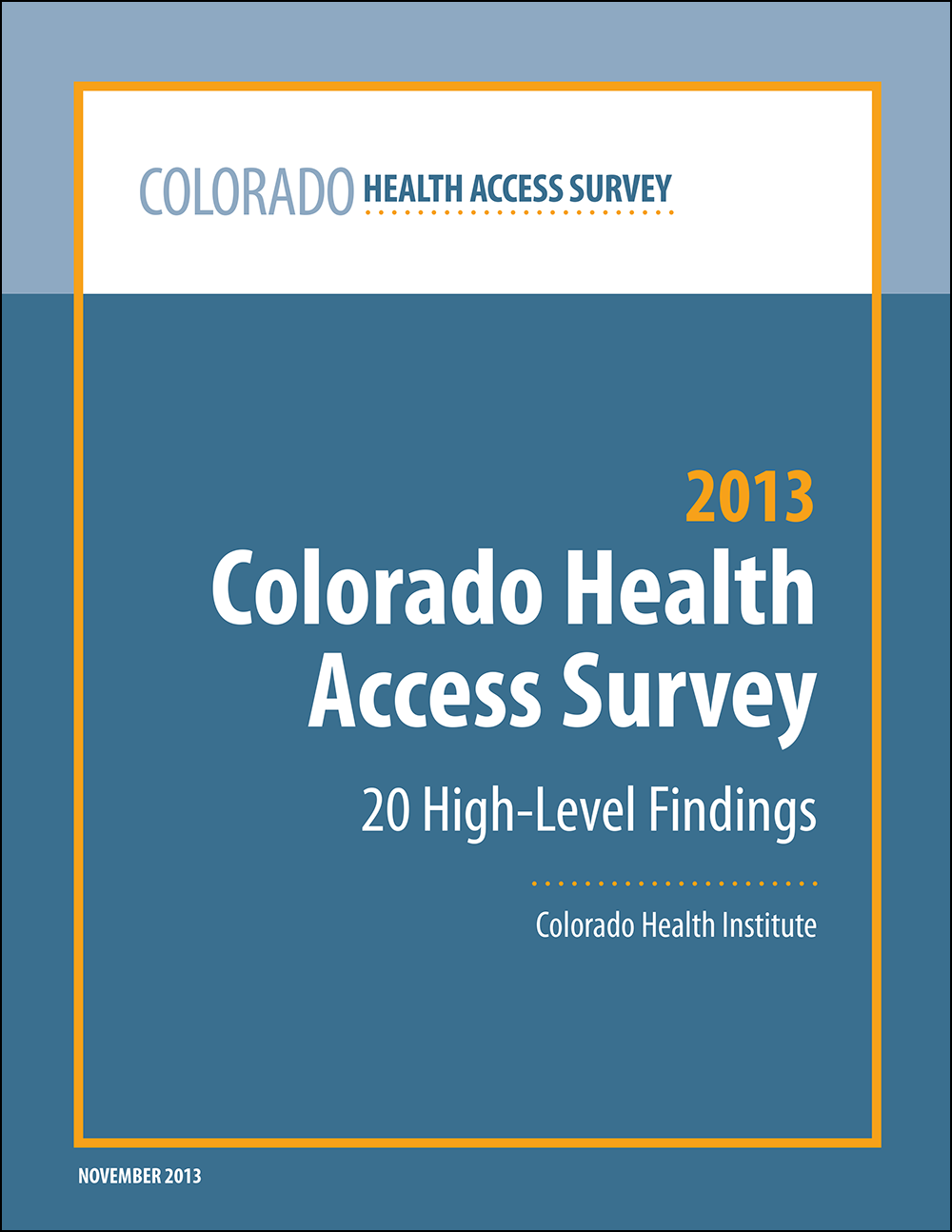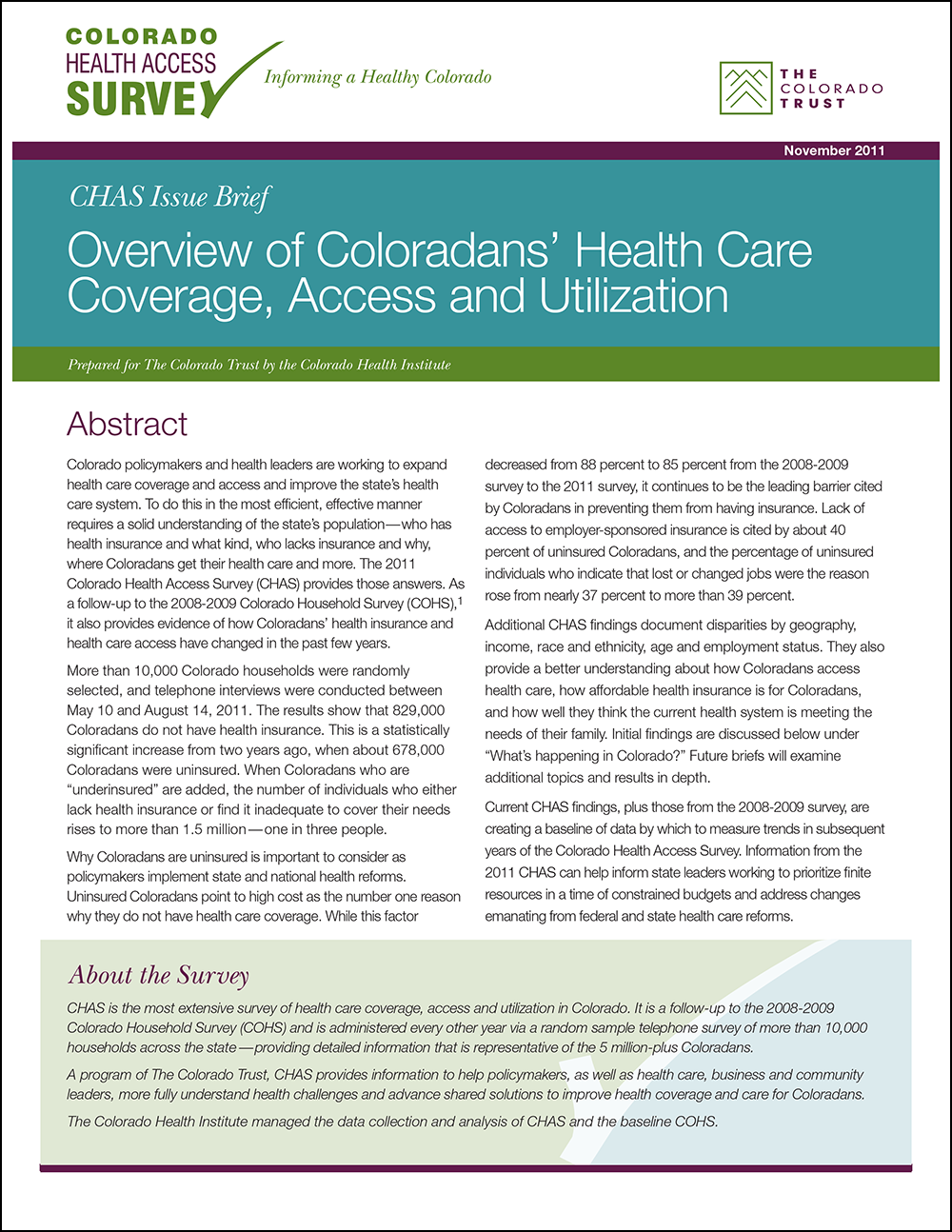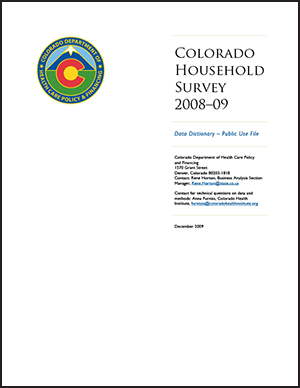The 2025 Colorado Health Access Survey (CHAS) is now live. Since 2009, the CHAS has been the premier source of information on health coverage, access to health care, and the factors that influence health in Colorado. With nine surveys spanning nearly two decades, the CHAS provides a reliable source of information on the health trends and issues affecting our state.
Reliable, Credible Data for Colorado
With federal agencies no longer collecting certain types of data and some national health databases removed from federal websites, it’s more important than ever to provide credible data to state, local, and community decision-makers.
Use the CHAS Data Dashboard to explore data from the 2009-2025 surveys.


